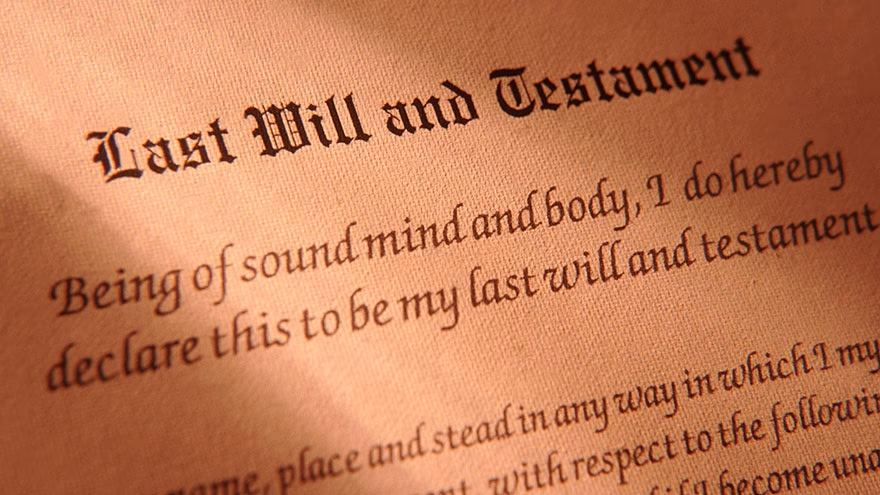Things You'll Need
- Cash for a deposit on the vehicle
- Cash or loan approval for the balance of the price you negotiate
6 Steps To Buy A Car İn Probate

1.
Determine İf There Are Any Open Estates İn Which Automobiles Are Being Offered Or Made Available For Sale İn Your Area The legal notices section in your local newspaper is a good source of such information, as is the Internet.
Various websites provide updates and information about estate sales and specific items that are being sold through an estate. Your county clerk also should know about estate sales and property otherwise for sale through an estate.
2. Attend An Estate Sale Or Auction
Many estates conduct auctions to sell property of all types, including automobiles.
3. Contact The Executor Or Administrator Of An Estate That İs Offering An Automobile For Sale Outside Of An Estate Sale Or Auction
Many estates will forgo a full-fledged sale or auction and will merely advertise different property items for sale through classifieds and similar types of advertisements.
4. Make Sure That The Executor Or Administrator Of The Estate Has Obtained Appropriate Court Approval To Sell The Assets (property) Of An Estate
In other words, request a copy of the order from the court allowing for the sale of the property of that estate. You do not want to end up paying money for a car only to discover that the court has yet to approve the sale of property of the estate, including an automobile.If such approval has not been granted, you can end up having your money tied up for an indefinite period of time.
5. Keep İn Mind That İn Some Jurisdictions The Sale Of An Automobile (particularly One That İs A More Expensive Model) May Require Specific Court Approval
Therefore, plan ahead to determine whether or not such specific court approval is necessary. Once this order is issued (again, if necessary or required), a final bill of sale can be issued and the process of transferring title into your own name can commence.
6. Register The Title To The Automobile İn Your Name As You Would İn The Aftermath Of Any Other Type Of Sales Transaction İnvolving A Car
You Might Also Like :: What Is a Credit Shelter Trust?
Save for later
Found this helpful?
Pin this article to your Pinterest board and come back to it whenever you need a reminder.
Save to Pinterest


